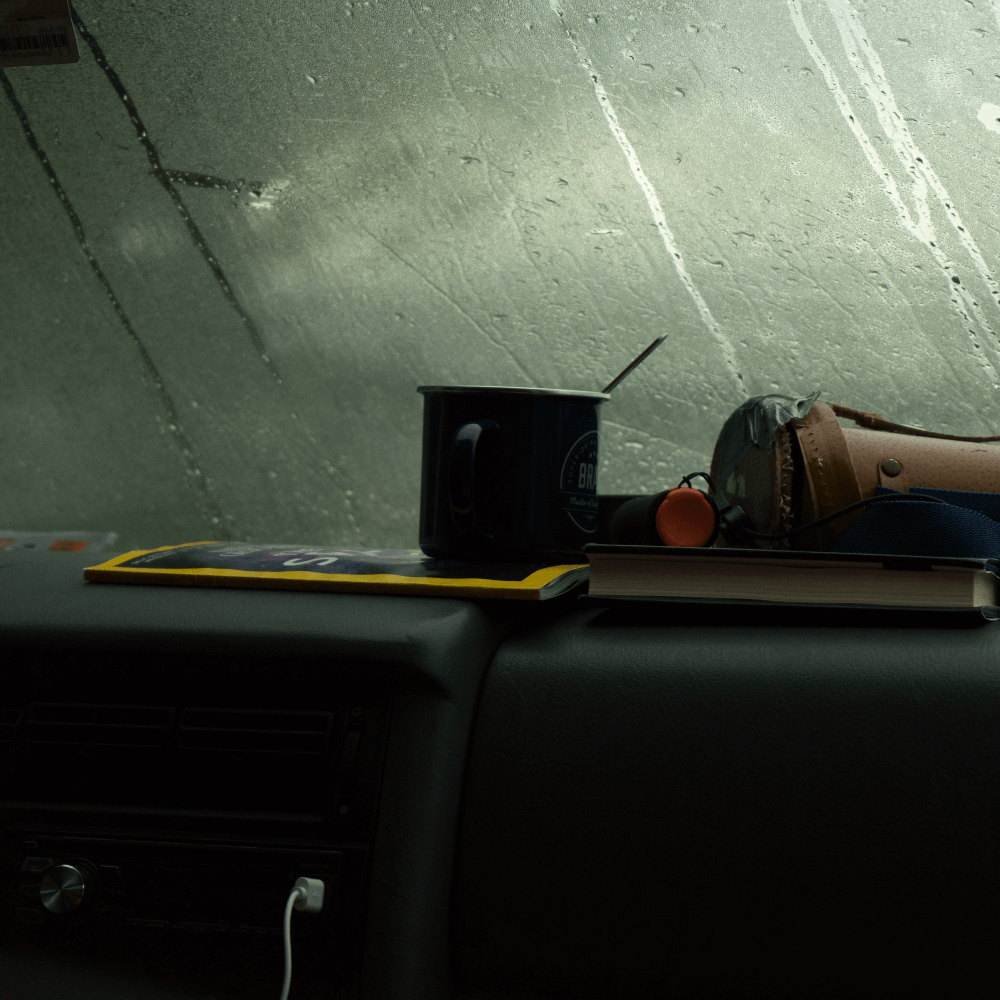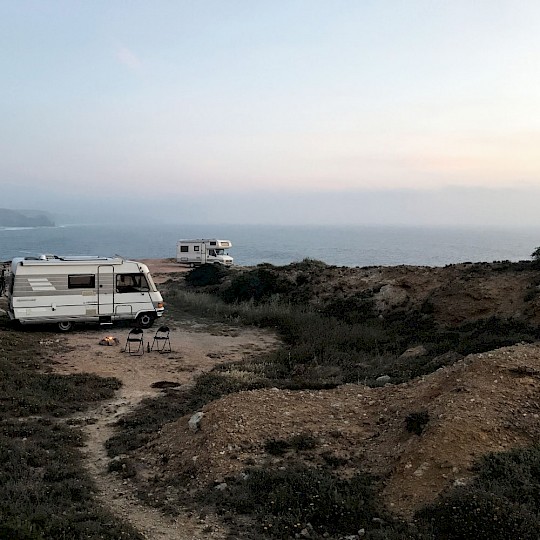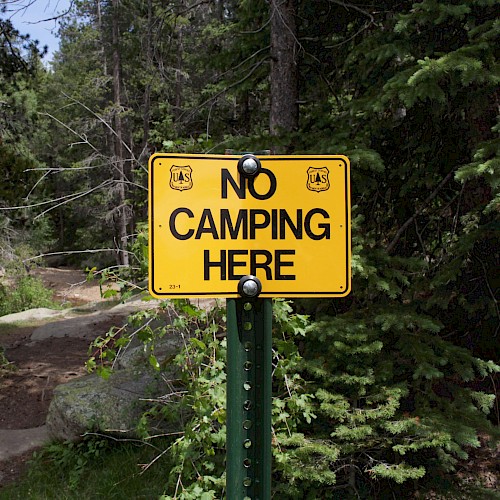Fact #1 - Crocodile Harry
Arvīds Blūmentāls was born in 1925 and moved to Australia in 1951 to hunt crocodiles, hence his nickname Crocodile Harry. He is said to be the model for Crocodile Dundee.
Fact #2 - Special Spa
In Riga there is a very special spa, the Beer Spa. Here you can enjoy, among other things, a relaxing bath in a tub full of warm beer while drinking a chilled beer.
Fact #3 - Personal distance
Latvians have a very pronounced attitude towards personal distance. For them it is quite normal to keep several metres distance from other people. So don't take it personally when visiting.
Fact #4 - The Karosta prison
You always wanted to spend a night in jail? The Karosta prison is now a hotel, here you can experience a night like in a Soviet prison.
Fact #5 - The Flag
The flag of Latvia is one of the oldest flags in the world. It was first mentioned in 1279 and was created when a wounded tribal leader is said to have been lying on a bed and his blood coloured the corners of the sheet red.
Fact #6 - Women
According to a study, Latvian women are the largest women in the world. The largest men in the world come from the Netherlands, but Latvian men still come fourth.
Fact #7 - Baron Münchhausen
Hieronymus Carl Friedrich Baron von Münchhausen was a German nobleman, also known as the Liar Baron von Münchhausen, who has his own museum in Latvia.
Fact #8 - Espionage equipment
One of the first spy cameras was invented in Latvia by the Baltic German Walter Zapp. His company Minox is still associated with the classic spy cameras.
Fact #9 - Marketplace in Riga
The Riga marketplace is one of the largest markets in Europe. The market halls, which were formerly used as a zeppelin hangar during the First World War, are special.
Fact #10 - Water
If you like being by the water, Latvia is the perfect destination for you. In addition to the 500 km long coastline, there are almost 12,000 rivers and 3,000 lakes.


























